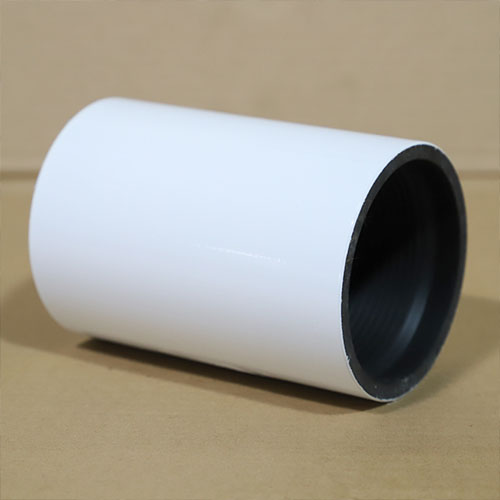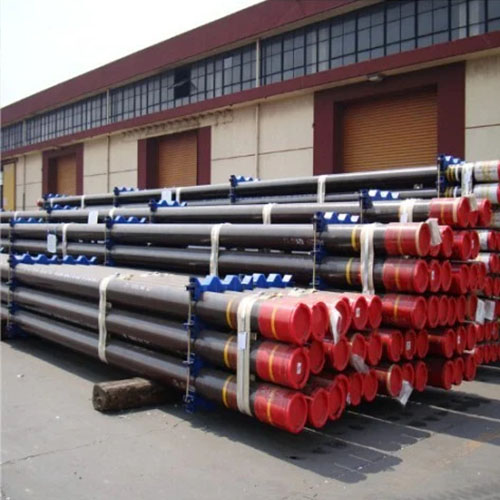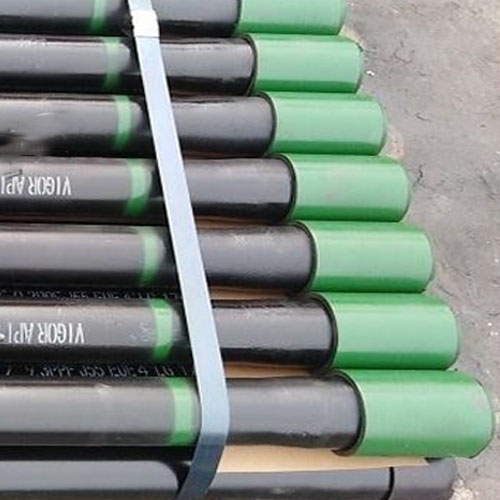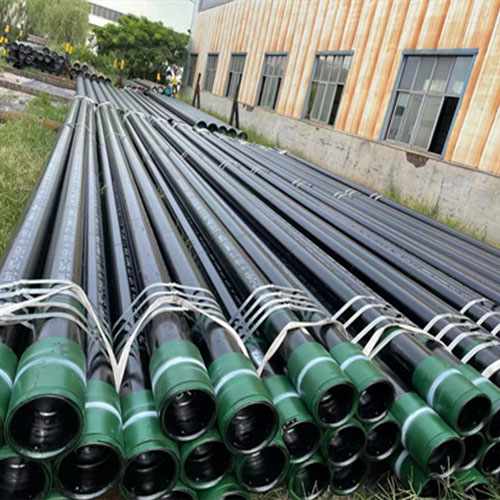Benefits of Using API 5CT J55 for Oil and gas Operations
API 5CT J55 is a type of steel casing commonly used in oil and gas operations. It is known for its high strength and durability, making it an ideal choice for a variety of applications in the industry. In this article, we will explore the benefits of using API 5CT J55 for oil and gas operations.

One of the key benefits of API 5CT J55 is its high tensile strength. This means that it can withstand high pressure and stress without deforming or breaking. This is crucial in oil and gas operations, where the casing is subjected to extreme conditions such as high temperatures and pressures. The high tensile strength of API 5CT J55 ensures that the casing can maintain its integrity and protect the wellbore from collapse or damage.
In addition to its high tensile strength, API 5CT J55 also offers excellent resistance to corrosion. Corrosion is a common problem in oil and gas operations, as the casing is exposed to corrosive substances such as saltwater and hydrogen sulfide. API 5CT J55 is specially designed to resist corrosion, ensuring that the casing remains intact and functional for longer periods of time. This not only reduces maintenance costs but also improves the overall efficiency and safety of the operation.
Another benefit of using API 5CT J55 is its versatility. It can be easily welded and machined to meet specific requirements, making it suitable for a wide range of applications in the oil and gas industry. Whether it is used for drilling, production, or transportation, API 5CT J55 can be customized to fit the needs of the operation. This flexibility makes it a popular choice among oil and gas companies looking for a reliable and cost-effective casing solution.
Furthermore, API 5CT J55 is compliant with industry standards and regulations, ensuring that it meets the highest quality and safety standards. This gives operators peace of mind knowing that their equipment is reliable and safe to use in the field. By using API 5CT J55, companies can minimize the risk of accidents and downtime, leading to increased productivity and profitability.
Overall, API 5CT J55 offers a range of benefits for oil and gas operations. Its high tensile strength, corrosion resistance, versatility, and compliance with industry standards make it an ideal choice for casing applications in the industry. By using API 5CT J55, companies can improve the efficiency, safety, and reliability of their operations, ultimately leading to greater success in the competitive oil and gas market.
In conclusion, API 5CT J55 is a valuable asset for oil and gas companies looking to enhance their operations. Its superior strength, corrosion resistance, versatility, and compliance with industry standards make it a top choice for casing applications in the industry. By investing in API 5CT J55, companies can ensure the longevity and efficiency of their operations, ultimately leading to greater success in the competitive oil and gas market.
comparison of API 5CT J55 with Other grades for Tubing and Casing Applications
API 5CT J55 is a commonly used grade of steel for tubing and casing applications in the oil and gas industry. It is known for its high strength and excellent resistance to corrosion, making it a popular choice for a wide range of applications. In this article, we will compare API 5CT J55 with other grades to highlight its key features and advantages.
rubber Fuel & Oil Delivery Hose 10 Bar Diesel & Oil Tubing Other hydraulics & Pneumatics
One of the main advantages of API 5CT J55 is its high strength-to-weight ratio, which makes it ideal for use in deep wells and high-pressure environments. This grade of steel is also known for its excellent resistance to corrosion, which helps to extend the lifespan of tubing and casing in harsh operating conditions. In addition, API 5CT J55 is easy to weld and fabricate, making it a cost-effective option for many applications.
When compared to other grades of steel, such as API 5CT K55 and API 5CT N80, API 5CT J55 offers similar strength and corrosion resistance properties. However, API 5CT J55 is typically more affordable than API 5CT N80, making it a popular choice for budget-conscious projects. Additionally, API 5CT J55 is more readily available than API 5CT K55, which can help to reduce lead times and ensure timely delivery of materials.
In terms of mechanical properties, API 5CT J55 has a minimum yield strength of 55,000 psi and a minimum tensile strength of 75,000 psi. This grade of steel is suitable for use in both tubing and casing applications, and can be easily welded and fabricated to meet specific project requirements. API 5CT J55 is also available in a variety of sizes and thicknesses, making it a versatile option for a wide range of applications.
In conclusion, API 5CT J55 is a popular choice for tubing and casing applications in the oil and gas industry due to its high strength, excellent resistance to corrosion, and cost-effective pricing. When compared to other grades of steel, API 5CT J55 offers similar mechanical properties and performance characteristics, making it a reliable option for a variety of projects. Whether you are working on a deep well drilling project or a high-pressure Pipeline installation, API 5CT J55 is a versatile and dependable choice for your tubing and casing needs.



